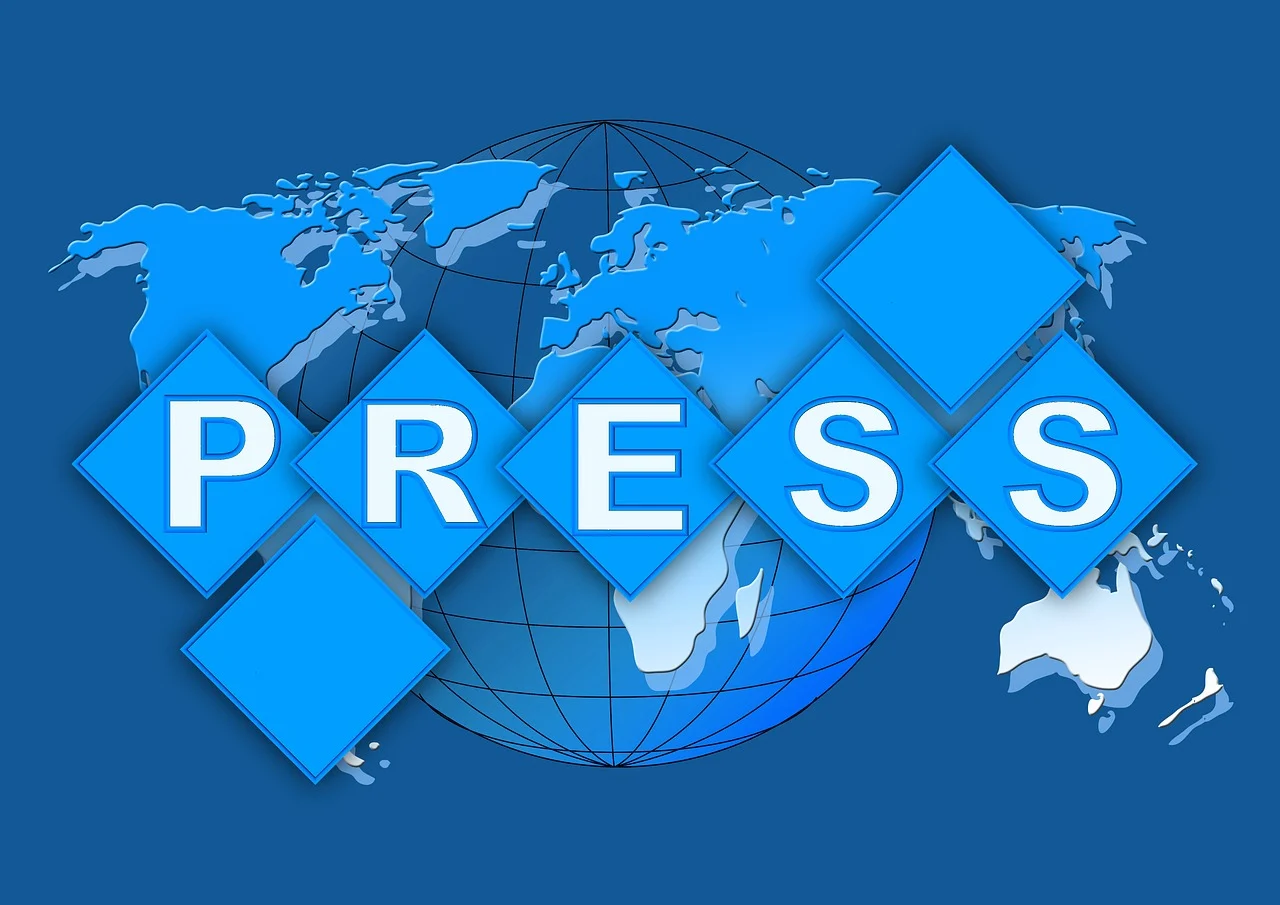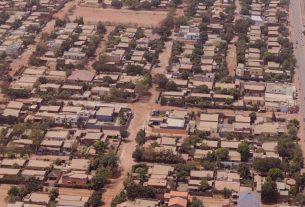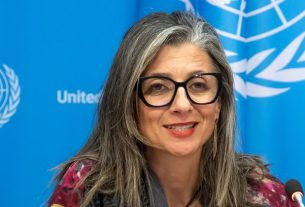Addressing the Impunity Crisis: Protecting Journalists Worldwide
In a stark reminder of the dangers faced by journalists globally, United Nations Secretary-General Antonio Guterres recently highlighted that an estimated 9 out of 10 murders of journalists go unpunished. This alarming statistic underscores a systemic failure to protect those who risk their lives to report the truth, contributing to a culture of fear and silence that stifles free expression. Guterres’s call for urgent action from governments to safeguard journalists and prosecute those who harm them is both timely and essential.
The State of Journalistic Safety
The dangers confronting journalists are not confined to specific regions; they are a worldwide issue. According to the Committee to Protect Journalists (CPJ), 2022 alone saw at least 67 journalists killed while on the job, with many more threatened, attacked, or imprisoned. These incidents are often a reflection of broader societal issues, including political instability, corruption, and authoritarianism.
In countries like Mexico, which has become one of the most dangerous places for journalists, rampant drug violence and corruption have resulted in numerous unsolved killings. For instance, the assassination of journalist Javier Valdez Cárdenas in 2017 drew international condemnation but remains unresolved. Such impunity not only affects the victims’ families but also sends a chilling message to other journalists, deterring them from covering critical stories.
The Cycle of Impunity and Violence
Guterres aptly pointed out that impunity breeds further violence. When perpetrators of attacks against journalists are not held accountable, it emboldens others to commit similar acts, creating a vicious cycle. The failure to investigate and prosecute crimes against journalists erodes public trust in institutions and undermines democracy. As free expression is curtailed, citizens lose access to vital information, which is essential for informed decision-making.
Moreover, the impact of this impunity extends beyond the individual journalists affected. It creates an environment where self-censorship becomes commonplace. Journalists may choose to avoid sensitive topics or critical reporting, further stifling public discourse and diminishing the role of the media as a watchdog.
Global Response and Responsibilities
In response to this ongoing crisis, Guterres called on governments to take urgent steps to protect journalists. This includes implementing measures such as:
- Strengthening Legal Frameworks
Governments must establish and enforce laws that protect journalists and guarantee their right to report freely. This involves creating independent bodies to investigate attacks on journalists and ensuring that these investigations are thorough and transparent. - Training and Support for Law Enforcement
Providing specialized training for law enforcement agencies on how to handle cases involving journalists can improve responses to threats and attacks. This training should emphasize the importance of protecting media workers as essential contributors to society. - International Cooperation
Countries must work together to address the issue of journalist safety. International organizations, including the United Nations and regional bodies, should facilitate dialogues and share best practices for protecting journalists. - Raising Awareness
Public awareness campaigns highlighting the importance of a free press can help shift societal attitudes toward greater respect for journalists and their work. This involves engaging civil society and media organizations to advocate for the rights of journalists.
Examples of Progress
While the situation remains dire in many parts of the world, there have been positive developments. For instance, in 2021, the Mexican government established a protection mechanism for journalists that includes threat assessments and emergency protection measures. While challenges remain, this initiative demonstrates a commitment to addressing the violence against journalists.
Additionally, international efforts such as the United Nations’ “Plan of Action on the Safety of Journalists and the Issue of Impunity” aim to raise awareness and implement protective measures. This initiative encourages member states to develop national frameworks that enhance the safety of journalists.
Conclusion
The persistent violence against journalists and the overwhelming impunity for their killers demand urgent attention and action from governments worldwide. Antonio Guterres’s call to protect journalists, investigate crimes against them, and prosecute perpetrators is a crucial step towards safeguarding freedom of expression and fostering a healthier democracy. By taking these actions, governments can help ensure that journalists can perform their essential role without fear, contributing to informed societies where truth prevails.
References
- United Nations. “Plan of Action on the Safety of Journalists and the Issue of Impunity.”
- Committee to Protect Journalists (CPJ). “Annual Report on Journalists Killed.”
- Human Rights Watch. “World Report 2022: Events of 2021.”
- Reporters Without Borders. “World Press Freedom Index 2022.”
- Inter-American Commission on Human Rights. “Special Report on Freedom of Expression.”
The need for robust action has never been more pressing; the safety of journalists is fundamental to the health of democracies worldwide.



